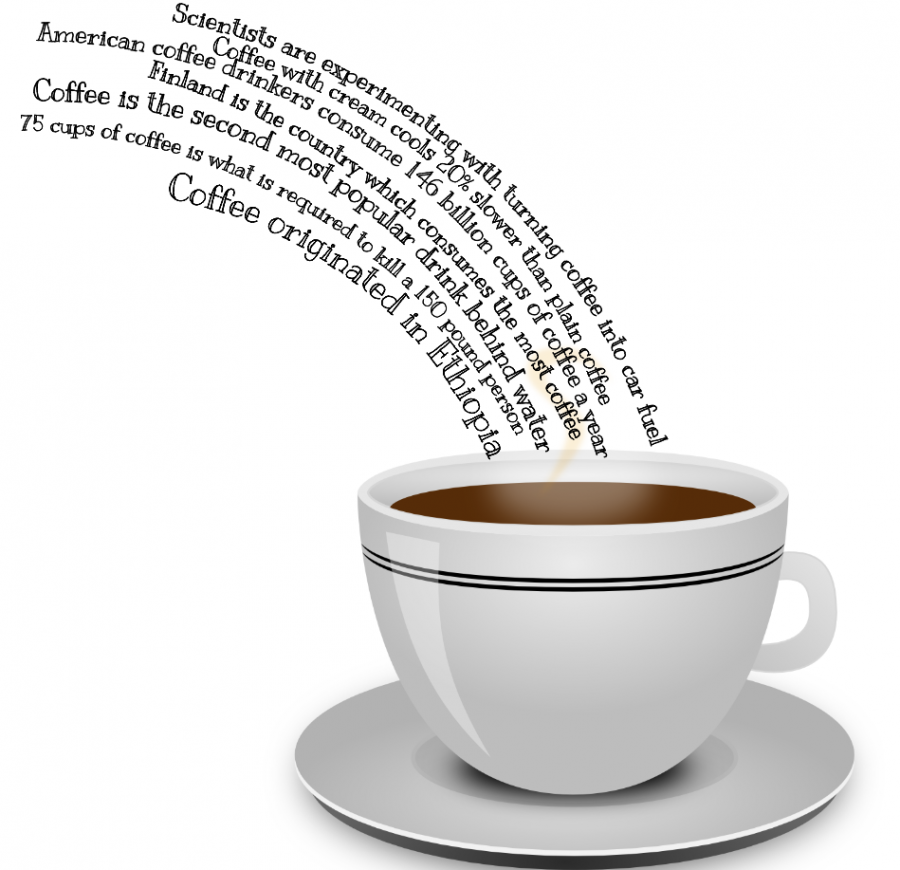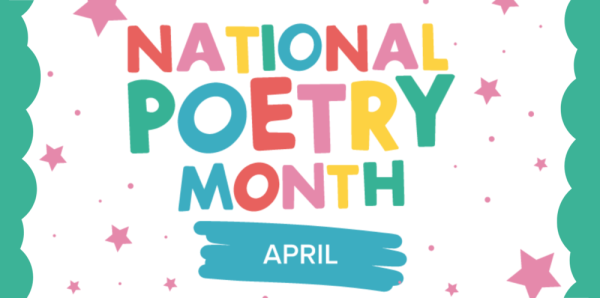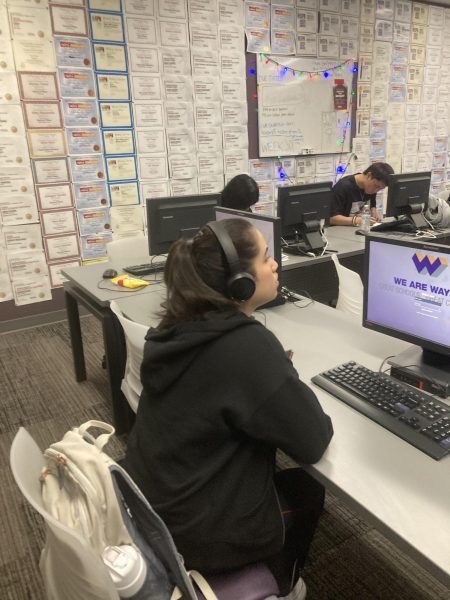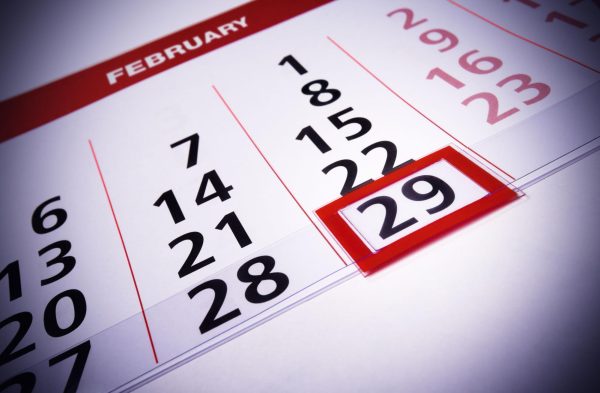That morning juice
Coffee has its benefits and drawbacks
September 18, 2018
There’s no doubt that the first thing most Americans think of when they wake up, is coffee.
Coffee is easily one of the most, if not the most, popular drink in America. Reported by Huffington Post, on average, Americans consume 400 million cups of coffee a day which is roughly 146 billions of cups of coffee a year. Huffington Post also reports that coffee represents 75 percent of all the caffeine consumed by America.
So why is America so addicted to coffee? Is it because coffee gives us that boost we need to run through the day on six hours of sleep? Is it because it simply tastes good? Perhaps the answer is both.
The new pumpkin spiced latte Starbucks released on August 28 is a seasonal flavor that comes out for a long enough time for you to get used to ordering it, but short enough that you miss it when it leaves. With new flavors and styles of coffee, everyone has hundreds of coffee style options.
Coffee is easily one of the most popular drinks in America, but that doesn’t mean it’s too healthy. Coffee has caffeine and acids in itself, but when added to creamers and sugars, it becomes even more of health risk. Some of the common health risks from drinking coffee include raised blood pressure, anxiety, insomnia, headaches, obesity and in more extreme cases, early death or heart attacks.
Does all of those side effects make you want to stop drinking coffee now? Well, hold on there before you go cold turkey because there are quite a few symptoms of caffeine withdrawal.
When cutting out your daily cup of energy you may experience several headaches or even a migraine, depending on how much coffee you usually drink. You may also experience a heavy fatigue due to the lack of caffeine that you’re body relied on for energy until so recently.
And even though coffee can cause an increase in anxiety, cutting it out can do the exact same thing. Your body becomes used to and dependent on that constant flow of caffeine and sugar you put into your body that when you stop the supply, your body has to readapt. Other side effects of cutting out coffee are difficulty concentrating, depressed mood, irritability or even tremors. So many you should very gradually cut out your coffee intake if that’s what you want.
So should we stop drinking coffee altogether? The answer isn’t a direct yes or no; it’s for you to decide. But before you do, know that coffee is not harmful when drank in moderation. And few cups here and then or even one a day won’t hurt you. It has even shown to help prevent the risk of colon cancer, Parkinson’s disease, and developing gallstones.
So after weighing out the pros and cons of drinking coffee, will you still take your daily cup of energy?












